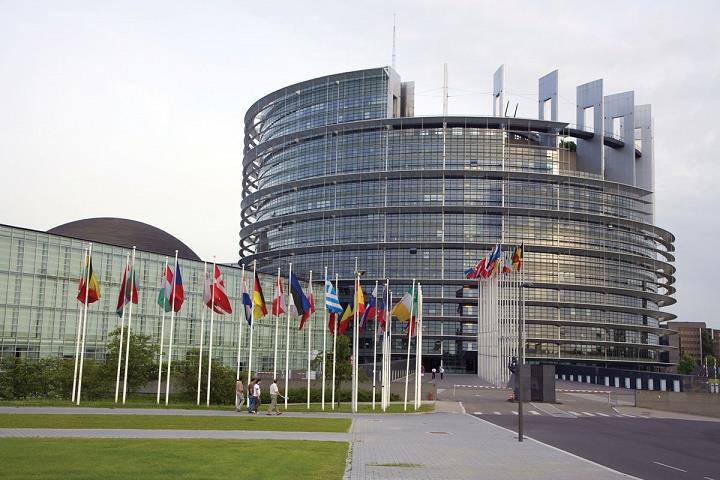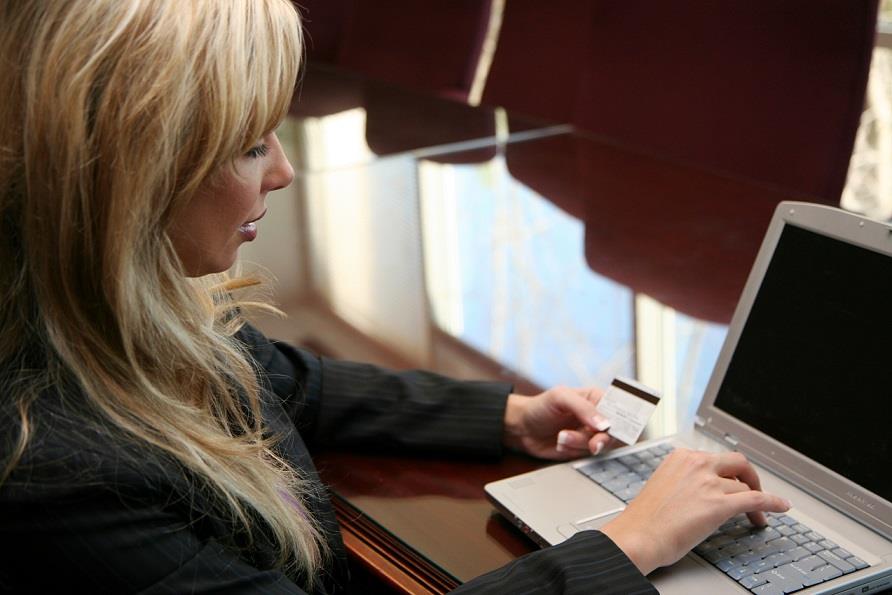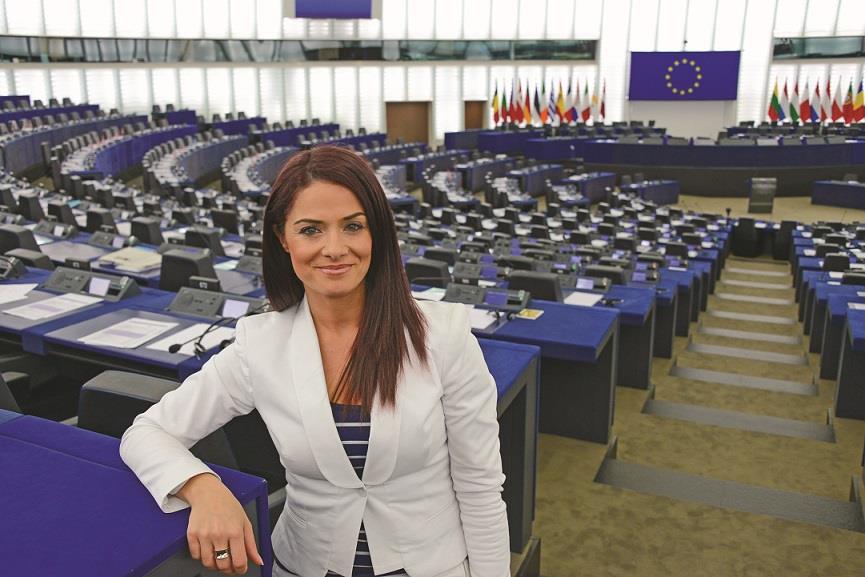The EU cannot afford to wait until the situation in Libya somehow sorts itself out, or escalates to the point where there is no option but to intervene, according to MEP Miriam Dalli.
Dr Dalli has been in office for less than a year, but she has already addressed the European Parliament on the situation in Libya on a number of occasions. The MEP forms part of the EP’s delegation for relations with the Maghreb countries – including Libya – and is also a substitute member of the Committee on Civil Liberties, Justice and Home Affairs, whose remit includes border control and security issues.
But while the ongoing conflict in Libya is showing no sign of abatement, the EU is yet to make addressing it a priority. Its attention, as far as foreign policy is concerned, is generally focused on another conflict on its borders – that in Ukraine, which has seen Russia annex Crimea and rebels taking control of parts of eastern Ukraine, apparently with Russia’s aid.

Asked to comment on this state of affairs, Dr Dalli agreed that the way the EU dealt with the situation in Ukraine highlighted its shortcomings when it came to dealing with the situation in Libya.
“The EU is always focusing on Ukraine, and I am not saying that it should stop doing so. But it should also focus on Libya, because if the situation in Ukraine is on our border, so is that in Libya,” she explained.
But while the MEP has been making this argument for the past six months, the EU is yet to address a situation which, she says, is only getting worse.

EU being far too cautious
Dr Dalli did note that there have been indications that the EU is moving forward this year.
She had last brought up Libya in plenary last January, in the presence of the EU’s High Representative for Foreign Affairs Federica Mogherini, and observed that Ms Mogherini appeared to recognise that the situation in Malta’s southern neighbour should be urgently addressed.
Ms Mogherini’s assertion, made last month, that she would be directly involved in immigration policy was also welcomed by the MEP.
“I thought that at last, the message is getting through,” she remarked.
“But to be perfectly honest, nothing appears to have happened. I cannot know if there has been some work behind the scenes, but I believe that the EU – the European Commission and the Council in particular – is being far too cautious.”
The European Parliament fares better on the issue, according to Dr Dalli, who noted that MEPs have adopted resolutions on Libya and on terrorism, although she still wishes for the issue to be given greater attention.

She also maintained that the political group she forms part of, the Progressive Alliance of Socialists and Democrats (S&D), is aware of the urgency of the situation, noting that the fact that its current president is Italian – MEP Gianni Pittella – helps.
“But one thing that I feel should happen and is yet to materialise is a common policy on immigration. And until this common policy is in place, and until the political signal is given to address the situation in the Mediterranean and Libya, we will have problems,” the MEP said.
Dr Dalli is adamant that doing nothing was not an option on immigration, particularly as the situation in Libya may lead to a steep rise in the number of people seeking asylum in Europe – with Malta as one of their main destinations. She noted that people were literally being forced to make the perilous journey across the Mediterranean in poor weather conditions.
“You cannot bury your head in the sand and wait for situation to blow over… sometimes I feel that the EU is holding back because nothing has happened yet,” she said.
The MEP emphasised that the situation in Libya does not only pose a humanitarian challenge for Europe, but could also threaten the continent’s security.
“Bear in mind what has happened in France and other countries,” she remarked, in a reference to the attack on the offices of French satirical magazine Charlie Hebdo.
“When stability is lacking in the Mediterranean it is not just a problem for us, but is also a problem for the entire EU. The EU must realise that this sea is strategic to it.”

Fostering youth entrepreneurship
Another issue close to the MEP’s heart is youth entrepreneurship, leading her to organise a policy initiative on youth entrepreneurship last month together with student organisation AEGEE-Valletta and the Malta Chamber for Commerce, Enterprise and Industry.
The project opened last month with a seminar in Malta, followed by a conference at the European Parliament in Brussels last week.
The final event will see participants – which include university students and young entrepreneurs – meet with Malta Chamber members to share ideas, get feedback and possibly find investors willing to bring their ideas to fruition.
The recommendations that participants will make throughout the project will be compiled in a report that is to be presented to Economy Minister Chris Cardona and European Commissioner for the Internal Market, Industry, Entrepreneurship and SMEs Elżbieta Bieńkowska. As it happens, the European Commission is presently working on a youth entrepreneurship policy, making the project particularly timely.
Dr Dalli herself has no entrepreneurial background, but explained that she had long considered setting up on her own, and that her interest in entrepreneurship was piqued when she read for an MBA degree, a course which included one study credit devoted to entrepreneurship.
She added that during her electoral campaign, it became increasingly evident that Maltese culture does not encourage entrepreneurship, realising that there was a dearth of young people taking the leap and setting up their own business. Looking into the subject further only helped confirm that the same challenge existed in much of Europe.

The MEP observed that the education system has focused on academic performance alone, leaving many wary of starting their own business in favour of the relative stability of working for someone else.
The main issue would-be young entrepreneurs appear to face, according to Dr Dalli, is access to finance. Banks are the default choice for those seeking funding, but may be unwilling to take the risk on someone with no track record or collateral. As a result, the MEP is arguing in favour of developing alternative methods of financing, such as crowdfunding and angel investors.
While access to finance is an issue common to would-be entrepreneurs everywhere, Maltese enterprises face some specific challenges of their own due to Malta’s geographic position.
Dr Dalli noted that while the EU has established a single market, the reality is that the Maltese face a number of obstacles if they seek to expand outside of their national territory, including online retailers which do not permit shipping from Malta.
But another issue which small and nascent business face is that European institutions have not been too responsive to their needs, in spite of their importance to the continent’s economy, particularly in the wake of an economic crisis.
“I think the EU needs a wake-up call,” Dr Dalli conceded, stating that while people were quick to state that SMEs – which make up 99.8% of European business – were important, “in reality not enough policies are being drawn up to help them and to offer them all the benefits that a single market can provide.”
She noted that while the Small Business Act for Europe – originally launched by the European Commission in 2011 – has been reviewed to assess possible shortcomings, with the Commission receiving over 1,800 responses from interested parties, the review has not been included in the Commission’s work programme for 2015.
“To me, that is something that does not make any sense… if we want to improve economic standards and believe SMEs are so important for this, let us walk the talk,” the MEP maintained.
Dr Dalli did recognise that there was a concern that SMEs would be burdened by too much regulation, but said that the issue was all about balance.
“I am not asking for more laws, but to revise existing ones and make things easier for SMEs… we should not neglect them with the excuse of sparing them bureaucracy.”